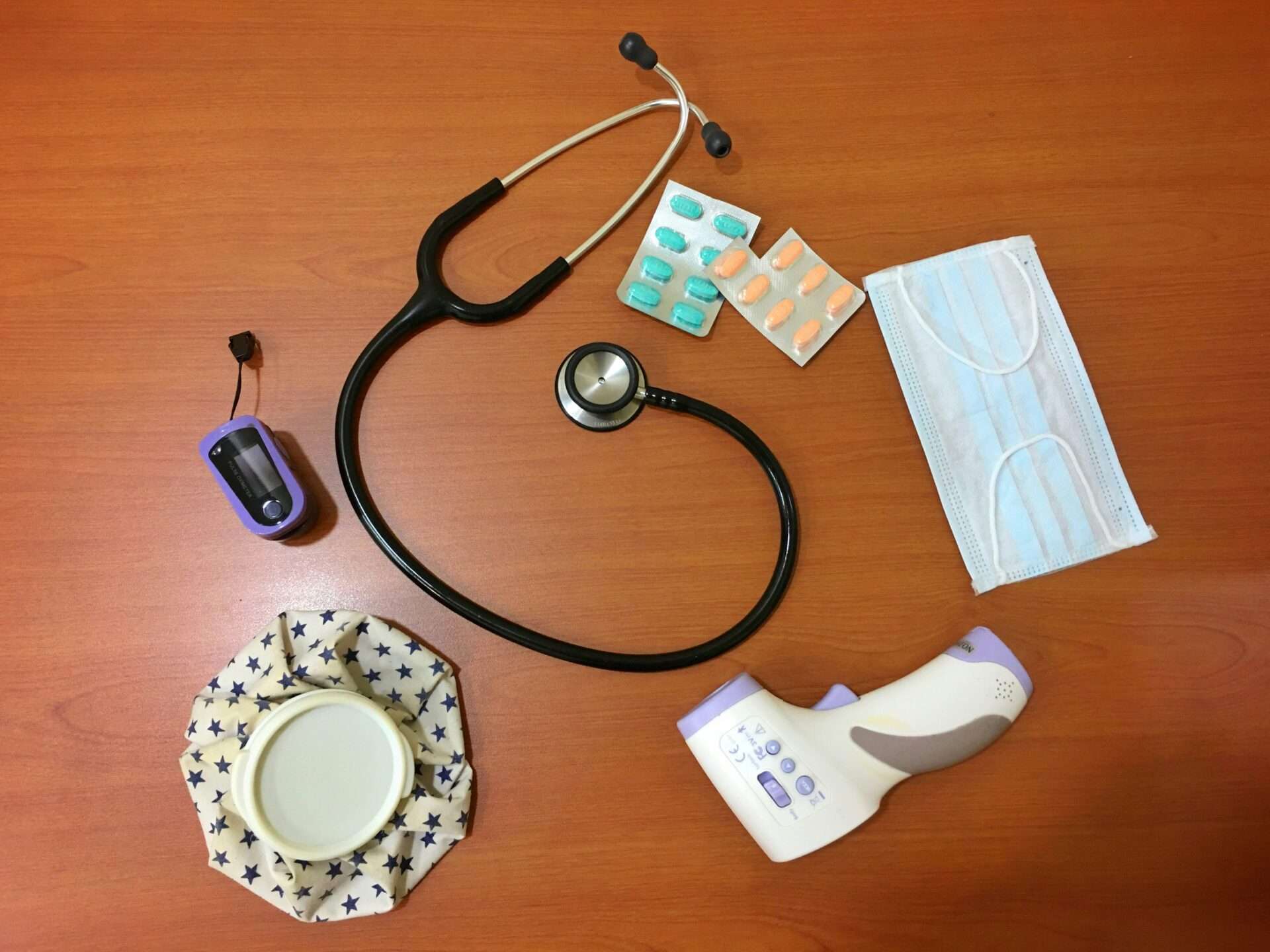How Running Supercharges Your Immune System
Running does more than build endurance – it actively strengthens your body’s natural defenses. This comprehensive guide explores the science-backed connection between running and immune function, plus practical strategies to maximize benefits.
Key Immune Benefits of Running
- Stimulates production of infection-fighting white blood cells
- Reduces chronic inflammation that weakens immunity
- Enhances circulation of immune cells throughout the body
- Promotes better sleep and stress management – both crucial for immune health
The Immune-Boosting Science of Running
White Blood Cell Activation
Moderate running increases circulation of lymphocytes and neutrophils – your body’s first responders against pathogens. This effect can last for several hours post-run.
Anti-Inflammatory Effects
Regular aerobic exercise reduces levels of inflammatory markers like CRP, creating an environment where immune cells function optimally.
The “Open Window” Theory
While intense workouts may temporarily lower immunity, moderate running strengthens long-term immune surveillance against viruses and bacteria.
Optimizing Your Running Routine for Immunity
Ideal Duration and Intensity
For immune benefits, aim for:
- 30-60 minutes per session
- Moderate intensity (able to hold conversation)
- 3-5 sessions weekly
Recovery Essentials
Prioritize:
- 7-9 hours of quality sleep nightly
- Active recovery days with walking or yoga
- 72 hours between intense sessions
Nutrition for Runner’s Immunity
Immune-Boosting Foods
Focus on:
- Colorful fruits/vegetables (vitamins A,C,E)
- Lean proteins (zinc and iron sources)
- Healthy fats (omega-3s from fish/nuts)
- Probiotic foods (yogurt, kefir, kimchi)
Hydration Strategy
Maintain fluid balance with:
- 500ml water 2 hours pre-run
- 150-300ml every 20 minutes during
- Electrolyte replacement for runs >60 minutes
Common Immune Myths Debunked
Myth vs Reality
- Myth: Running in cold weather causes illness
Truth: Properly dressed runners get sick less often - Myth: More running always means better immunity
Truth: Overtraining increases infection risk - Myth: Sweating out toxins prevents colds
Truth: Only proper immune function prevents illness
Running When Sick: Expert Guidelines
When to Run
Light activity may be okay with:
- Mild sore throat
- Runny nose
- No fever
When to Rest
Skip running if experiencing:
- Fever over 100°F
- Body aches
- Chest congestion
- Extreme fatigue
Conclusion
Regular, moderate running serves as powerful immune system support when combined with proper recovery, nutrition and stress management. By understanding your body’s signals and maintaining balance, you can harness running’s full protective benefits.
Frequently Asked Questions
How soon do immune benefits appear?
Some cellular changes occur immediately, while cumulative benefits develop over weeks of consistent training.
Can running prevent COVID-19?
While no exercise prevents viral infection, runners often experience milder symptoms and faster recovery times.
Is morning or evening better for immunity?
Morning runs may offer slight advantages by aligning with natural cortisol rhythms that regulate immune function.



